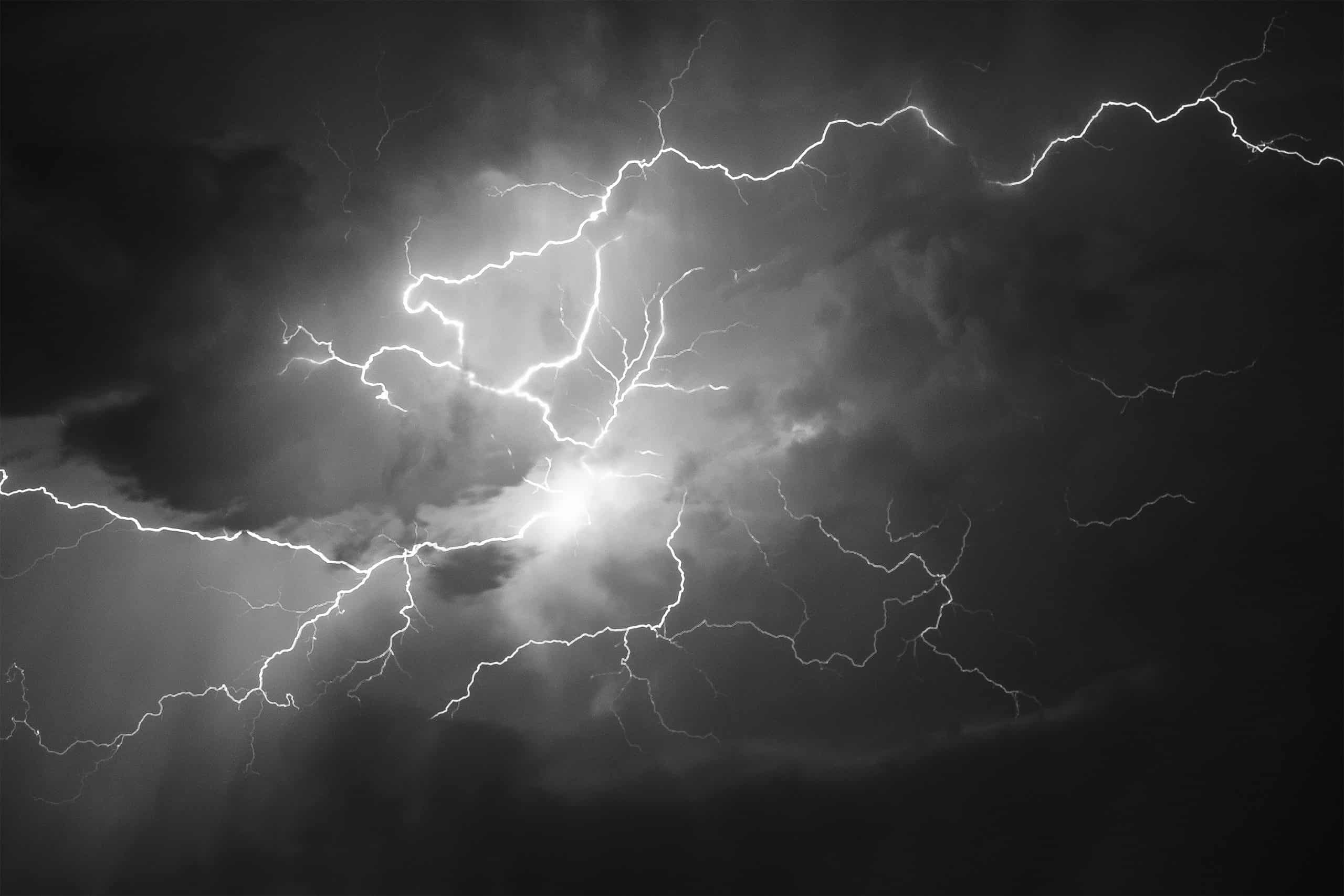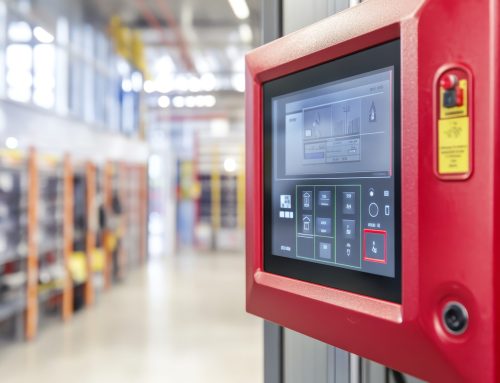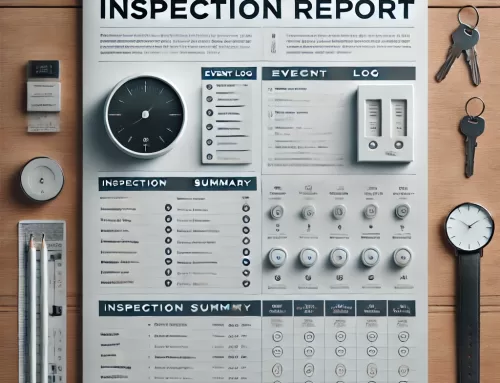Your building’s fire alarm system can be impacted by thunderstorms when lightning strikes leading to power surges or outages that could leave a fire alarm system
Being in the Atlanta area, we’re used to summer pop up thunderstorms. These seasonal storms can pack a punch and come on suddenly. Did you know that lightning and even thunder from storms can impact the functioning of your building’s fire alarm system? Here’s what can happen, and what to do about it.
Power Surge from Lightning
Power surges can enter a building through several pathways, one of which is your building’s alarm system Your building doesn’t need to be directly hit by lightning to experience the damaging effects of lightning. If there’s something around the building that conducts electricity, like the wiring on your fire alarm system, it can easily become a pathway for a power surge. A power surge occurs when a sudden change occurs in the electrical load of an electronic device. In the case of a lightning strike, you may see a sudden increase of voltage that exceeds the capability of the device causing damage. An inoperable fire alarm won’t protect your building from fire.
So, what can you to do avoid the detrimental effects of a power surge? Have a fire alarm professional install surge protectors on your alarm system. Surge protectors can be installed on the circuits of the main fire alarm panel and circuits that go out from the panel to the fire alarm notification devices like the pull stations and smoke detectors.
Power Outages
Do you know if your fire alarm system still works in the event of a power outage? Most fire alarm control panels rely on batteries to keep them operational when the power goes out. In fact, NFPA requires it under NFPA 72. NFPA 72 states that all fire alarm control panels be equipped with fully charged, fully functional batteries that can operate for at least 24 hours without power. The question of whether your system will still work in the event of a power outage can only be answered if you know your fire alarm system has been properly maintained.
Fire alarm systems rely on a secondary source of power to ensure the operation of the fire alarm system during the loss of primary power. This is usually an emergency generator or batteries. If the secondary source of power isn’t working, you’ll be left with a fully inoperable fire alarm system. The only way to know if your system’s secondary power source will work is to keep up with required inspections.
Installation, Prevention, & Maintenance
From installation to maintenance, an operational fire alarm system designed to protect your entire facility is a critical line of defense against fire. The fire alarm system act as the eyes and ears for your building when you’re not there, or in more obscure areas.
Hire a fire protection company that knows not only how to properly install an alarm system but also what type of system would be best for your building’s needs. It may seem simple, but a fire protection professional is really the only one who can tell you how many smoke detectors, notification devices, initiating devices, etc. you need.
After proper installation comes maintenance. NFPA sets requirements on the frequency of inspections required to maintain a compliant alarm system. For example, the batteries and charger to the fire alarm control panel need to be tested semiannually. The batteries must be replaced if the capacity is less than 80 percent of its rated capacity. These are maintenance tasks that only a professional should handle.
The chances of a faulty fire alarm during a thunderstorm is less likely if you properly maintain your alarm system.
If you need a fire protection company to handle your building’s fire alarm system or other fire protection needs, contact Fire Systems, Inc. today at 770-333-7979. We are a family-owned and operated fire protection company with highly trained, highly qualified technicians here for you and your needs. Visit our website for more information.






